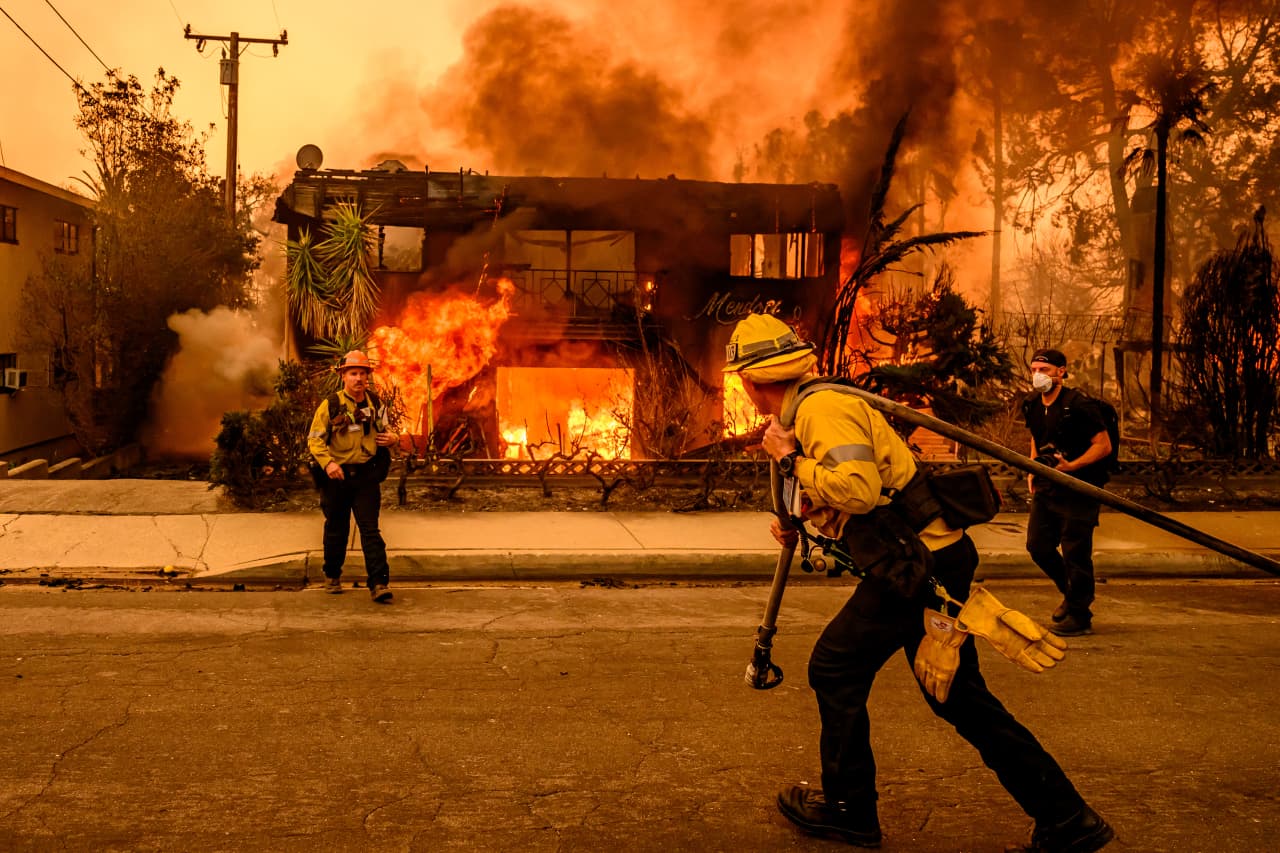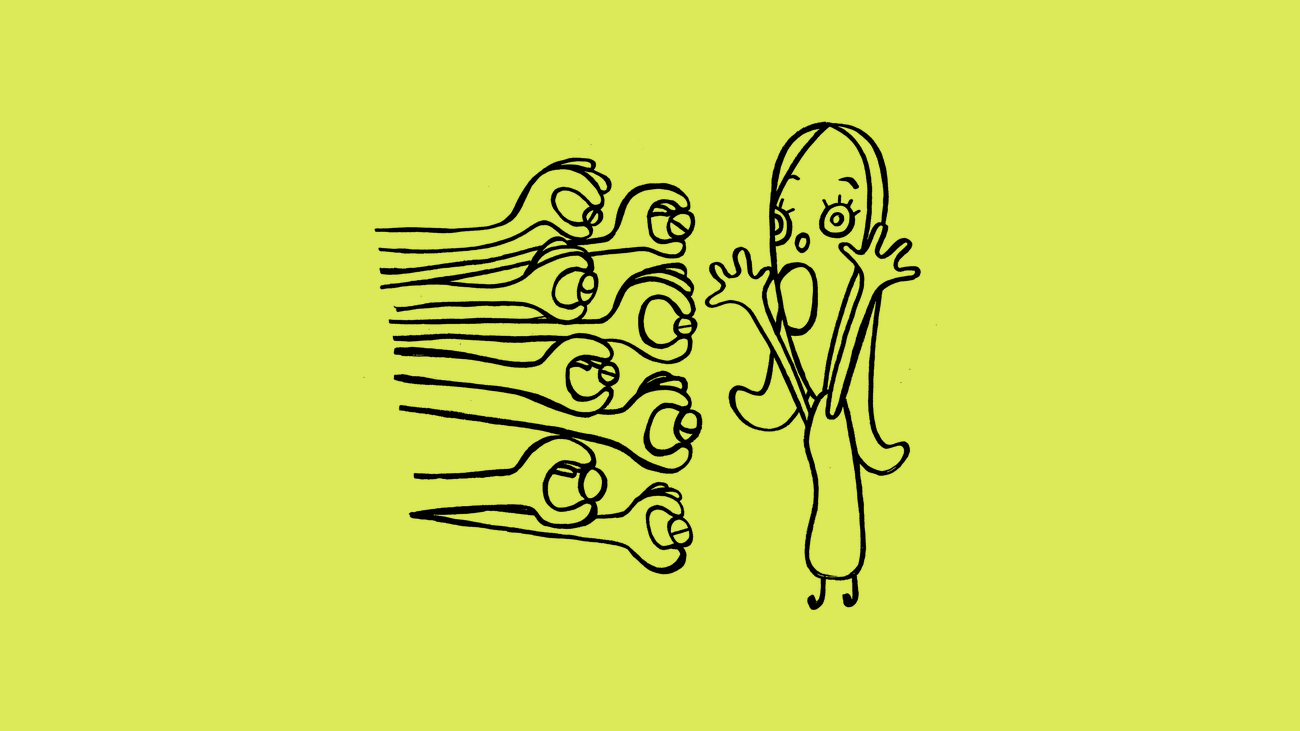Even before Russian authorities officially charged four men from Tajikistan with terrorism for gunning down concertgoers and trapping others in a deadly inferno at a venue outside of Moscow, there were fears that public anger over the attack could be directed at the millions of Central Asian migrants living and working in the country.
A few hours before the badly beaten suspects were hauled to court after their violent interrogations, the president of Tajikistan, Emomali Rahmon, told Russia’s President Vladimir Putin that terrorists have “no nationality, no homeland and no religion.”
In the days since the attack, there have been reports of Central Asian migrants being targeted by authorities in workplace raids, as well as subjected to hateful comments and, in a few reported cases, violence.
The Tajikistan embassy in Russia warned its citizens over the weekend not to leave their homes unless necessary, and one migrant advocate told CBC News she has received thousands of inquiries from migrants who are on high alert and in some cases, facing increased racism and scrutiny from authorities.
“I tell them not to go to mosques now and don’t visit any shopping and entertainment centres if possible,” said Valentina Chupik, a lawyer who provides assistance to Central Asian migrants in Russia.
“People are getting detained on the street and in the subway.”
Police raids
On Wednesday, video surfaced online of Russian authorities detaining a few dozen migrants working at a warehouse near Moscow for the Russian online retail giant Wildberries.
The images showed the workers being lined up and led away by police and Russia’s national guard.
It’s estimated that nearly four million migrants from Central Asia live in Russia, according to statistics tallied by the University of Central Asia. Experts say many others are likely in the country working illegally.
While Russia’s economy relies on the migrants to fill jobs in the construction industry and service sector, advocates say the population is already marginalized and faces anti-immigration sentiment, which appears to have risen since the attack.
In addition to the four suspected gunmen, police have also arrested three others from Tajikistan who they accuse of being complicit in the March 22 attack, which killed at least 143. An offshoot of ISIS, Islamic State Khorasan, claimed responsibility for the rampage.
While Putin has referred to the attackers as “radical Islamists,” he has not singled out the Tajik community and instead has tried to link the attack to Ukraine, and its western allies.
Reuters has reported that Russian investigators were in Tajikistan on Tuesday speaking to the families of those in custody.
After an eighth man, from Kyrgyzstan, was arrested and accused of providing accommodation for the alleged shooters, Kyrgyzstan’s Foreign Ministry put out an advisory urging its citizens to avoid unnecessary travel to Russia.
If they need to travel, officials urge them to have all of their official documents on them at all times, and comply with the Russian authorities.
Chupik told CBC News that there have been reports of several migrants being detained since the attack, including a group from Kyrgyzstan who were held at Moscow’s Sheremetyevo airport for two days. She says hostels and dormitories where migrants are staying have been targeted by Russian authorities
“This is happening all over Russia, but most of all in Moscow … because Moscow has the most migrants,” said Chupik, who is now based in the United States, after she left Moscow in 2021 shortly after being temporarily detained by Russia’s security service, the FSB.
An ISIS affiliate, ISIS-K, has taken responsibility for the recent mass shooting at a concert hall in Moscow. Andrew Chang explores the group’s origins and why it’s targeting Russia.
Online hate
According to the independent Russian news outlet, Meduza, screenshots have popped up on social media showing customers messaging drivers on taxi apps, demanding to know if they are Tajik, and if so, telling them to cancel the order for a ride.

On the social media platform VK, which is widely used in Russia, a group called “Tajiks in Moscow” posted a photo of volunteers handing out tea to residents who had lined up to give blood the day after the shooting.
Underneath the picture, which was posted on March 24, followed a torrent of hate with one user telling the group to “go home,” while another wrote, “you won’t wash the blood off your hands with tea.”
There are reports that in Russia’s far east, a cafe owned by immigrants in the city of Blagoveshchensk was burned to the ground, while in the country’s south west, there are reports of three Tajik migrants being beaten up in the city of Kaluga.
Temur Umarov, a fellow at the Carnegie Endowment for International Peace and a native of Uzbekistan, says Russia wasn’t a very welcoming environment to migrants before the attack, and says he believes it will get worse, particularly for those who are in the country illegally.
“The atmosphere for migrants inside Russia has been worsening since the start of the war … because it brought up to the surface a lot of nationalist rhetoric.”
Past detentions and deportations
On New Year’s Eve, Russian state media reported that around 3,000 migrants were detained in St. Petersburg in an effort to “prevent crime” and that after the raid, around 100 faced deportation.
In an interview with CBC from Berlin, Umarov said that around 15,000 Central Asian migrants were deported from Russia in 2023, and said he believes there could be a further crackdown on all those working illegally, which some estimate to include as many two million people.
However, for people working legally with proper documentation, he said, “I think it will be very difficult for the Russian government to justify deportation.”
He says Russia needs the migrant workers to fill lower paying jobs, and in some cases sign up to fight in Ukraine, where they are either being lured to the front by lucrative contracts, or pressured by mobilization officers.
Tajikistan, which is a former Soviet republic maintains close ties with Moscow and hosts a Russian military base.













;Resize=(1180))






Discussion about this post